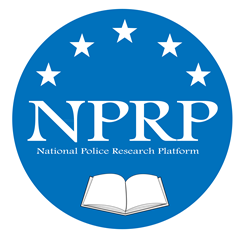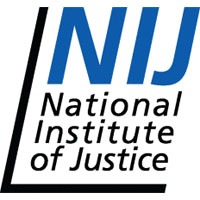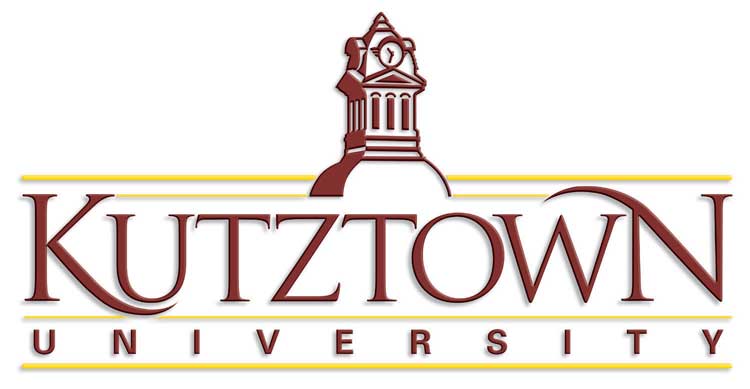Current State of Knowledge about American Policing
The National Research Council’s report on the status of American policing, titled Fairness and Effectiveness in Policing (Skogan & Frydl, 2004) concluded that there are gaping holes in our knowledge of policing that stem from a shortage of good scientific research. Focusing on “one-shot” cross-sectional data, often in a single jurisdiction, the current science of policing tells us very little about organizational or individual change over time, or the generalizability of findings. Our knowledge about smaller and medium-sized agencies is virtually nonexistent.
In a nutshell, law enforcement managers have been hampered by a shortage of good evidence about their organizations and their workforce, including data regarding the quality of supervision and leadership, the perceived fairness of departmental policies and procedures, employee acceptance of racial, ethnic and gender diversity, levels of employee stress, and other factors that can affect employee morale and productivity. Executives and policy makers have been forced to rely on limited crime-related statistics to assess their agencies’ performance. They also have insufficient knowledge regarding the effectiveness of innovation in key areas such as technology, training, work schedules, supervision, accountability, street-level policing and leadership. The Platform will enable law enforcement executives and supervisors to collect valid, useful data on their own organizations and compare that information to benchmarks for agencies of similar size and type.
The current knowledge gap also includes the absence of standardized measures or benchmarks for identifying “good policing” at the levels of rank and file officers, first-line supervisors, and senior administrators. The consequence is that police leaders and other stakeholders are left with little empirical guidance on “best organizational practices” in the 21st century when changes are occurring at a breakneck pace. Law enforcement executives are dealing with everything from serious budget cuts to new technology to issues of fairness of treatment in multicultural communities. The need for evidence-based decision-making has never been greater.








